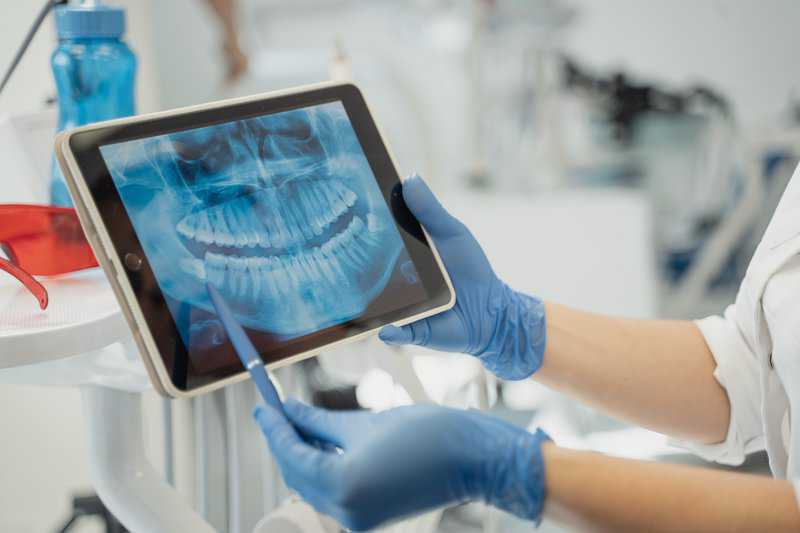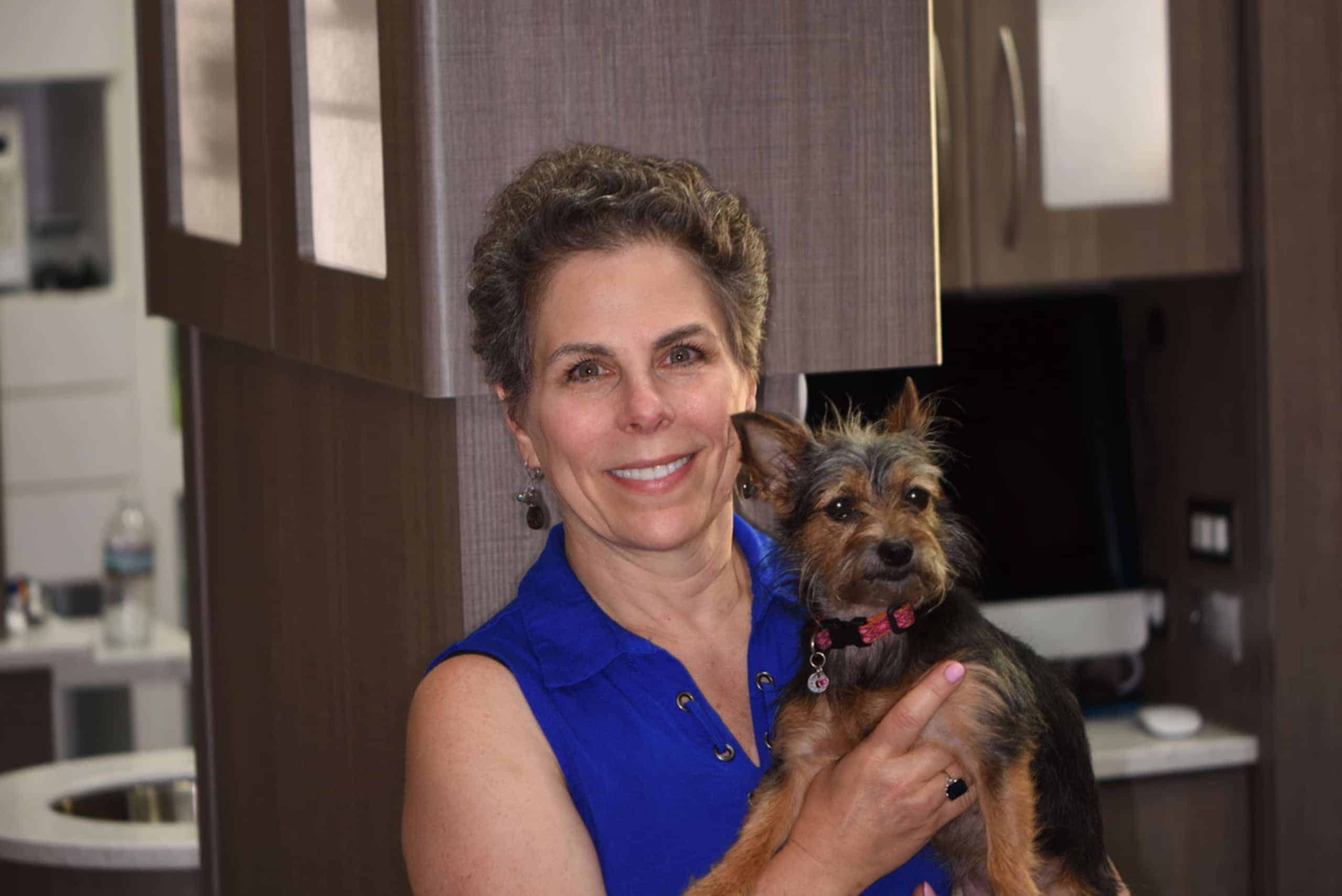Gum recession is a common dental concern that occurs when the gum tissue that surrounds the teeth wears away or pulls back, exposing the tooth’s root. This can lead to sensitivity, discomfort, and an increased risk of other dental issues. The good news is that there are things you can do to help avoid or reduce the risk of gum recession.
- Good Oral Hygiene
The foundation of healthy gums and teeth is proper oral hygiene. Regularly brushing and flossing not only help keep breath fresh and teeth clean, it can also help prevent gum recession. We recommend using a soft-bristle toothbrush to gently clean your teeth and gumline at least twice a day. You should also floss daily to remove food particles and plaque from between your teeth, where your toothbrush may not reach effectively.
- Brush Gently
Believe it or not, the way you brush your teeth matters just as much as how often you do it. Brushing with excessive force or using a hard-bristle toothbrush can wear away gum tissue and enamel, potentially leading to gum recession and other oral health problems. When brushing, take your soft-bristle toothbrush and use gentle, circular motions to clean your teeth. Hold the toothbrush at a 45-degree angle to your gums to effectively remove plaque without causing unnecessary friction.
- Regular Dental Visits
Regular visits to your dentist in Doylestown for professional cleanings and check-ups are vital for addressing gum recession. Dental professionals can identify early signs of gum disease and recession, providing timely interventions to prevent progression. During a dental cleaning, your dentist or dental hygienist will remove plaque and tartar buildup from your teeth and gums, reducing the risk of gum inflammation and recession. In more advanced cases, dental treatments such as scaling and root planing may be recommended to deep clean below the gumline and promote gum tissue reattachment.
- Healthy Lifestyle Choices
Your overall health is closely linked to your oral health. Habits like smoking, excessive alcohol consumption, and poor nutrition can contribute to gum recession and other dental issues. Smoking, in particular, restricts blood flow to the gums, impairing their ability to heal and regenerate.
Gum Tissue Regeneration Procedures
In more severe cases of gum recession, your dentist in Doylestown might recommend surgical procedures to reverse the condition. Gum grafting is a common technique that involves taking gum tissue from one area of your mouth and attaching it to the recessed areas. This not only covers the exposed roots but also stimulates new tissue growth. Alternatively, newer advancements in dentistry involve the use of growth factors and proteins that encourage natural tissue regeneration and attachment. Your dentist will determine the most suitable approach based on the extent of your gum recession and overall oral health.
Gum recession may be reversible, especially when addressed early. By maintaining excellent oral hygiene practices, using gentle brushing techniques, seeking professional dental care, making healthy lifestyle choices, and considering surgical interventions when necessary, you can effectively care for your gums. Remember, prevention is key, so be proactive in caring for your gums to enjoy a beautiful smile and optimal oral well-being for years to come. If you’re experiencing gum recession, consult your dentist in Doylestown for personalized guidance and treatment options.

